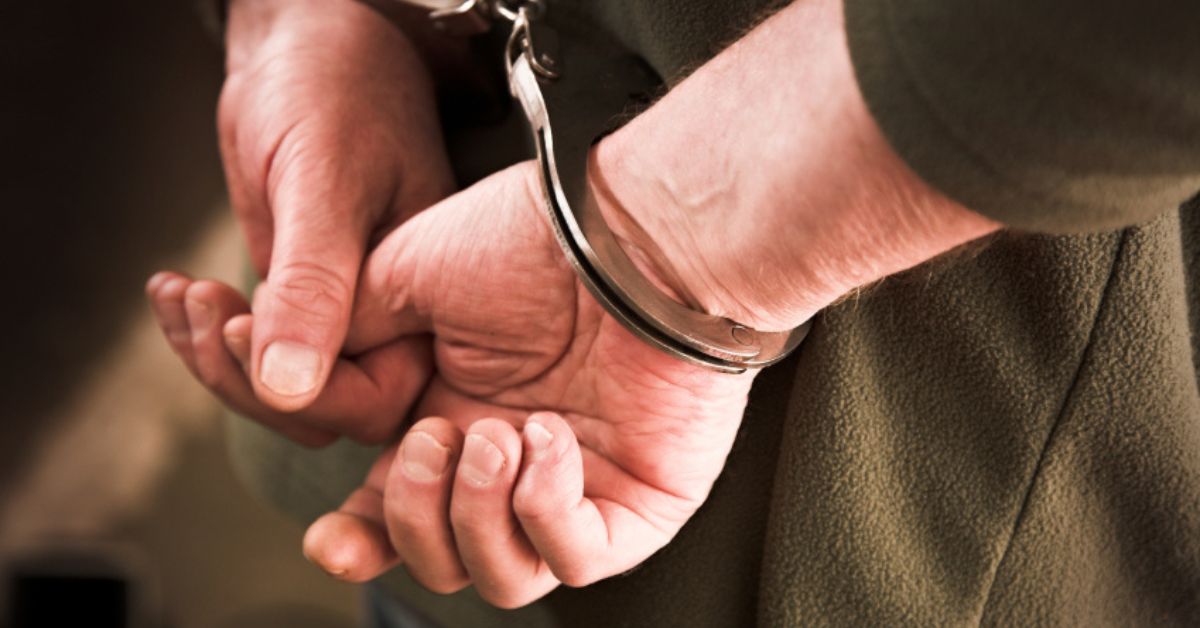Understanding Penal Code § 311.11 and What Qualifies as Possession
Possession of child pornography is taken very seriously under California law. Under Penal Code § 311.11, possession includes knowingly having control over any image, video, or other content that depicts a minor engaging in or simulating sexual conduct. This law applies regardless of whether the material is stored digitally, physically, or even temporarily on a device. A person doesn’t need to be the one who created or distributed the content—simply possessing it can lead to criminal charges.
To be convicted, the prosecution must prove that the individual knew the material was in their possession and that they were aware it involved a minor. The definition of a “minor” is anyone under the age of 18. Even content downloaded by mistake, sent without consent, or viewed in passing can be used as evidence, especially if it remains stored on a device or in an account.
Possession of Child Pornography (Penal Code § 311.11) in California can carry harsh consequences. At David P. Shapiro Criminal Defense Attorneys, we understand how overwhelming these allegations can be. Knowing what qualifies as possession is the first step in building a strong defense and protecting your future.
Misdemeanor vs. Felony: How Possession Charges Are Classified
Under California law, possession of child pornography can be charged either as a misdemeanor or a felony, depending on several factors. These include the nature of the material, the defendant’s criminal history, and how many files or items were allegedly possessed. First-time offenders with a small number of illegal images may face misdemeanor charges, which can result in up to one year in county jail, fines, and mandatory registration as a sex offender.
However, when aggravating circumstances are present—such as a prior conviction, a large volume of material, or possession involving very young children—the charge may be elevated to a felony. Felony charges are much more serious and can lead to up to three years in state prison, hefty fines, and lifetime sex offender registration. The difference between a misdemeanor and a felony in these cases significantly impacts one’s future, freedom, and reputation.
Being accused of Possession of Child Pornography (Penal Code § 311.11) in California can be life-changing. At David P. Shapiro Criminal Defense Attorneys, we work to examine every detail of the case to pursue the best possible outcome based on how the charges are classified.
Legal Consequences of Possession of Child Pornography (Penal Code § 311.11) in California
Possession of Child Pornography (Penal Code § 311.11) in California is treated as a serious offense with long-lasting legal consequences. Individuals found guilty of knowingly possessing or controlling images that depict minors engaged in sexual conduct can face felony or misdemeanor charges, depending on the details of the case. Aggravating factors—such as the number of files, prior criminal history, or involvement in distribution—can significantly increase penalties.
Misdemeanor convictions may lead to up to one year in county jail and registration as a sex offender. Felony charges, however, can result in up to three years in state prison and mandatory registration under California’s sex offender laws. The severity of these outcomes can have a profound effect on employment opportunities, housing, and reputation.
It’s also important to understand that digital files stored on phones, computers, or cloud services may be used as evidence. Because of the complex legal definitions involved, even unintentional possession or lack of knowledge about the content could be central to a defense strategy.
At David P. Shapiro Criminal Defense Attorneys, we work to ensure that every client’s rights are protected and that their case is handled with care and precision.
Legal Defenses Against Charges Under Penal Code § 311.11
Facing charges under Penal Code § 311.11 can be overwhelming, but several legal defenses may be available depending on the circumstances of the case. A strong defense begins with examining how the alleged materials were discovered, whether law enforcement followed proper procedures, and if the accused had actual knowledge or control over the files in question.
One possible defense is lack of knowledge — the defendant may not have known the material was present or may have shared access to the device where it was found. Another defense could involve unlawful search and seizure, which may render key evidence inadmissible in court. Additionally, the prosecution must prove that the images meet the legal definition of child pornography under California law, which is often more complex than it seems.
When facing an accusation involving Possession of Child Pornography (Penal Code § 311.11) in California, early intervention by a knowledgeable legal team can make a crucial difference. At David P. Shapiro Criminal Defense Attorneys, we evaluate every aspect of the case to challenge the prosecution’s claims and work toward a favorable resolution—whether through negotiation, reduction of charges, or a vigorous defense at trial.
Conclusion
Possession of child pornography charges under Penal Code § 311.11 in California carry serious legal and personal consequences. Understanding your rights and legal options is crucial. At David P. Shapiro Criminal Defense Attorneys, we help clients navigate these charges with care, aiming to protect their future and uphold due process.







